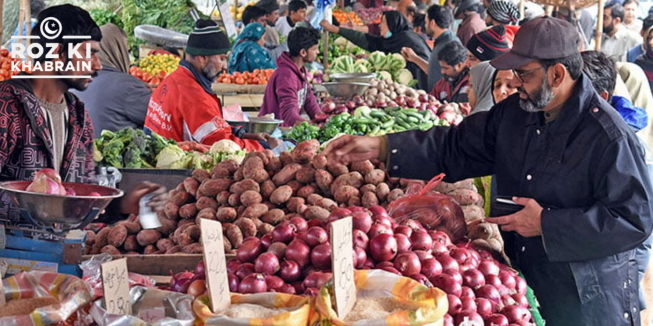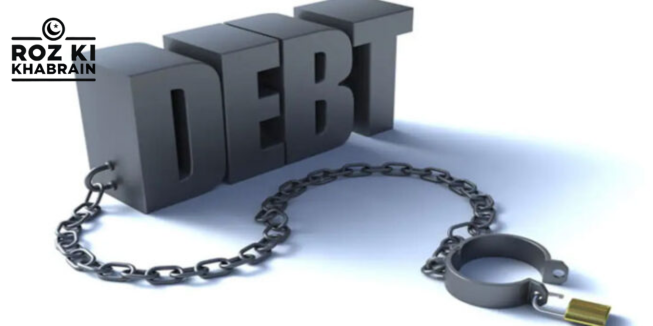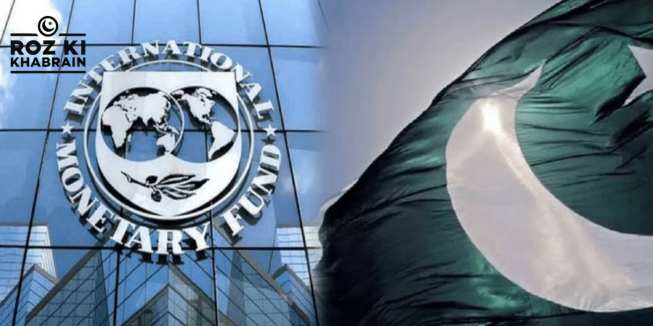KARACHI – The Sensitive Price Indicator (SPI) for the week ending January 16 recorded a 1.16% year-on-year increase, marking the lowest inflation rate in several months and further easing inflationary pressures in Pakistan.
According to data from the Pakistan Bureau of Statistics (PBS), the SPI declined by 0.39% on a weekly basis, reflecting lower prices in key food categories.
Tomatoes saw the biggest weekly price drop, plummeting 18.31%, followed by potatoes (-10.42%), onions (-10.01%), and eggs (-8.64%). Other notable declines included chicken (-2.17%), liquefied petroleum gas (-1.21%), and mustard oil (-0.67%).
However, certain items experienced price increases during the week. Bananas saw the largest rise, up 3.22%, while petrol prices climbed by 1.39%. Other significant price hikes included vegetable ghee (1.08% for 2.5 kg packaging and 0.74% for 1 kg), cooking oil (+1.01%), firewood (+1.00%), and diesel (+0.99%).
Out of the 51 essential items tracked across 17 cities, prices for 21 items increased, 10 declined, and 20 remained unchanged.
The annual SPI data presents a mixed inflationary picture. Over the past year, some items experienced substantial price increases, with ladies’ sandals rising by 75.09%, followed by potatoes (+47.91%), gram pulses (+39.77%), and moong pulses (+33.40%). Powdered milk and beef also saw increases of 25.77% and 22.59%, respectively.
Meanwhile, several essential items saw significant year-on-year price reductions, including onions (-47.22%), wheat flour (-35.89%), and eggs (-31.92%). Chillies powder (-20.00%) and tomatoes (-19.83%) also saw notable drops, offering some relief to consumers.
SPI data indicated varied impacts across income groups. The lowest-income households (earning less than Rs17,732 per month) saw a 0.20% year-on-year increase in inflation, while the highest-income group (earning above Rs44,175 per month) experienced a higher rise of 1.66%.
The easing inflation could influence the State Bank of Pakistan’s (SBP) monetary policy in the coming months. With the SPI showing consistent declines, the central bank might consider adjusting its policy rate, currently at 13%, to stimulate economic growth.
SBP Governor Jameel Ahmad noted that inflation is expected to decrease further in January, but could rise later due to base effects and higher energy prices. He added that inflation is projected to stay within the SBP’s target range of 5-7%.
Brokerage firm Arif Habib Limited (AHL) forecasts that headline inflation will ease to 3.06% in January, the lowest level in nine years. The consumer price index inflation slowed to 4.1% year-on-year in December, down from 4.9% the previous month.




